At Oasis Festival in Marrakech, a Spotlight on the Growing Moroccan Music Scene in Casablanca
The music festival that brings out people from all over the world to hear the best of the best
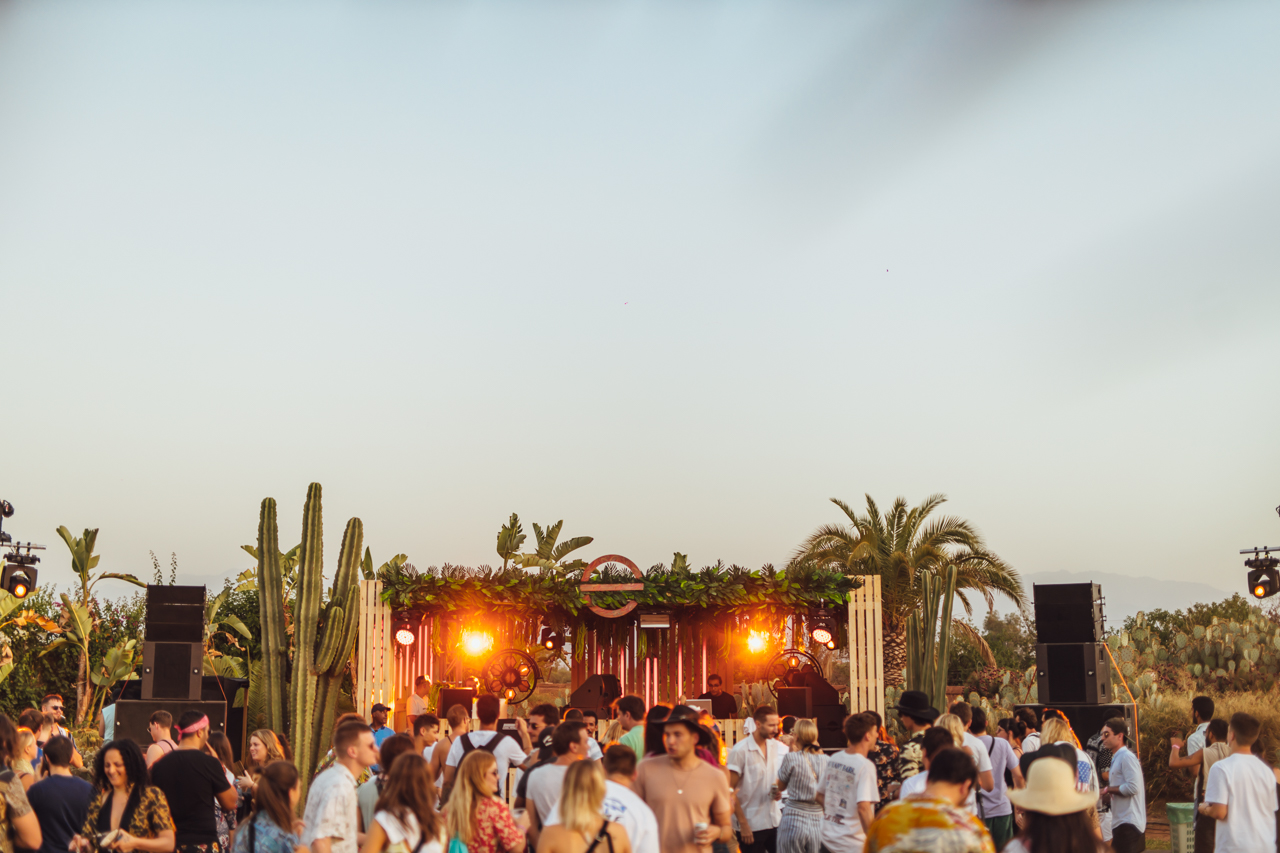
The wonderful Moroccan festival Oasis, hosted this year on a bucolic hotel and farm just outside Marrakech on the weekend of September 20, is a treasure trove of electronic music. Founded by Marjana Jaidi five years ago, Oasis brought together thousands of people from all over the country, larger Africa, and Europe to hear the best of the best. There were the legendary Detroit DJs Theo Parrish and Moodymann; Sampha and Yasiin Bey with shorts sets on at an art installation on the premises called Mbari House; Hercules & Love Affair and Horse Meat Disco to bring the Euro-dance party.
But it was a smaller showcase on the very first night that surprised and delighted most of all: It was an evening dedicated to Casa Voyager, the young Moroccan record label putting out the country’s best electronic music. Co-founded by Driss Bennis in 2017, the label is out of Casablanca, a bustling hub on the Atlantic coast, and is named for a train station in the center of town. Marrakech is the destination for tourists, the famous pink-walled city with the massive souk, but Casa has become home base for the most interesting acts in the country’s scene, on full display at Oasis for their joyful, inviting set. The sun was still shining, and Bennis, along with acts on his label like Polyswitch and Kosh, spun a bright mix of electronic sounds that were nostalgic in the ways they harkened back to classic electro and techno (old Detroit electronica is, as it is with so many producers, always an influence) and yet entirely fresh and new.
Even in the Soundcloud age, Casa has been dedicated to producing physical releases, including cassettes and records. “We’re passionate about that,” Bennis told me one afternoon poolside at a Marrakech hotel. They are essentially part of a small network of young Moroccans building up an entire electronic industry in the country, without much of a local blueprint or history of electronic music to go by. “There had always been people listening to electronic music but I really think we are the first generation of serious electronic music producers,” he says. “Two years ago, there weren’t enough people that I could say I was part of a scene. But now, I feel like it’s finally growing.”
The artist Kosh, who makes what he calls a blend of “techno and Detroit electro,” didn’t even really know about electronic music until a revelation late in high school. “I was a metal head at the time,” he says. “I started making electronic music in 2007 when I was 17, I found out about Fruity Loops [a music production software platform].” His first release was a cassette on the label that he made 50 copies of, and though he says it can be hard to find a bigger following while living in Morocco, he wants to build from the ground up. “I want to contribute to the development of my city,” he says. Driss, who lives part-time in Paris because it’s easier to run the label from a city with an established network of people in the industry, echoes the sentiment. “A booker doesn’t want to pay for that $300 flight from Morocco to Europe. If you want to be a big star, you have to move out,” he says. “But this is where we’re from.”
There is a creative renaissance not just in electronica, but across the culture, including in Moroccan rap. Bennis points to that as a really exciting development in Moroccan music. He namechecks ISSAM and Dollypran, both of whom have blown up in the past couple years. “Dollypran is a fusion of multicultural music inspired from the hood—my sound is a pure sound that sometimes goes brassy,” the rapper says. “ Morrocan rap is growing up day by day.” He thinks, too, that the more Morrocan he sounds, the better. “What could help the Moroccan rap scene to blow up is the identity,” he says. “Local rappers must work hard to bring back the old Moroccan music, to create a fusion between the old African music and the new school.”
And so, slowly and surely, the big Moroccan city with the little—but impactful—music scene will continue to develop. “There’s not else much to do in Casablanca,” he says. “You have to make your imagination work.”
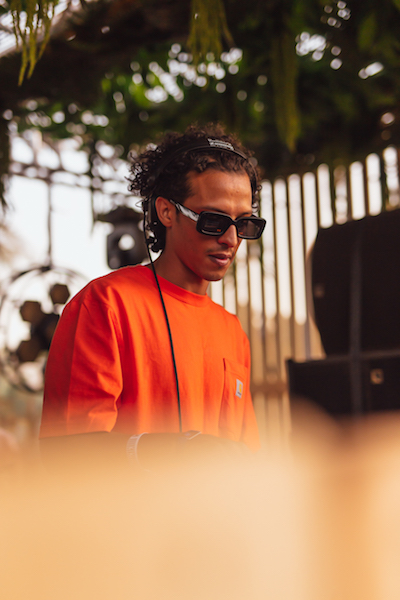
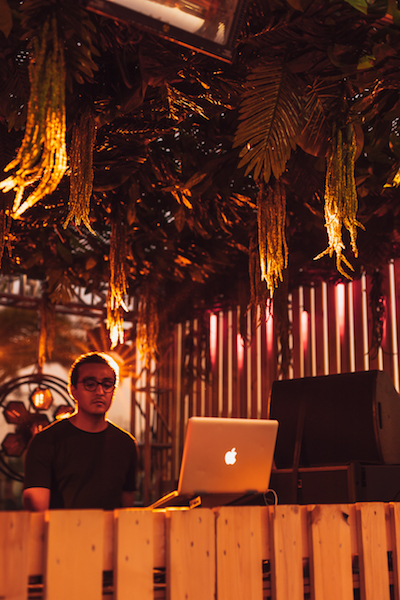
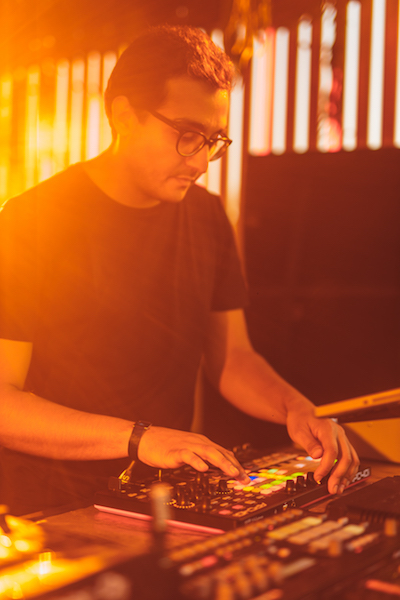
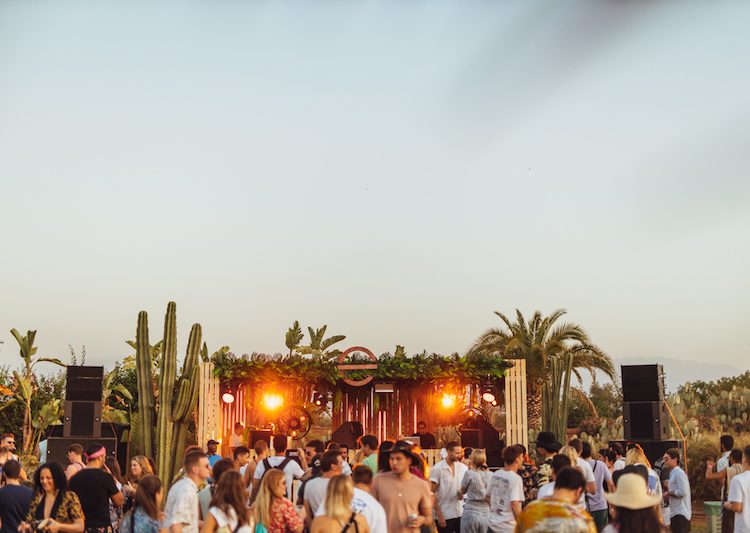
Discover More
